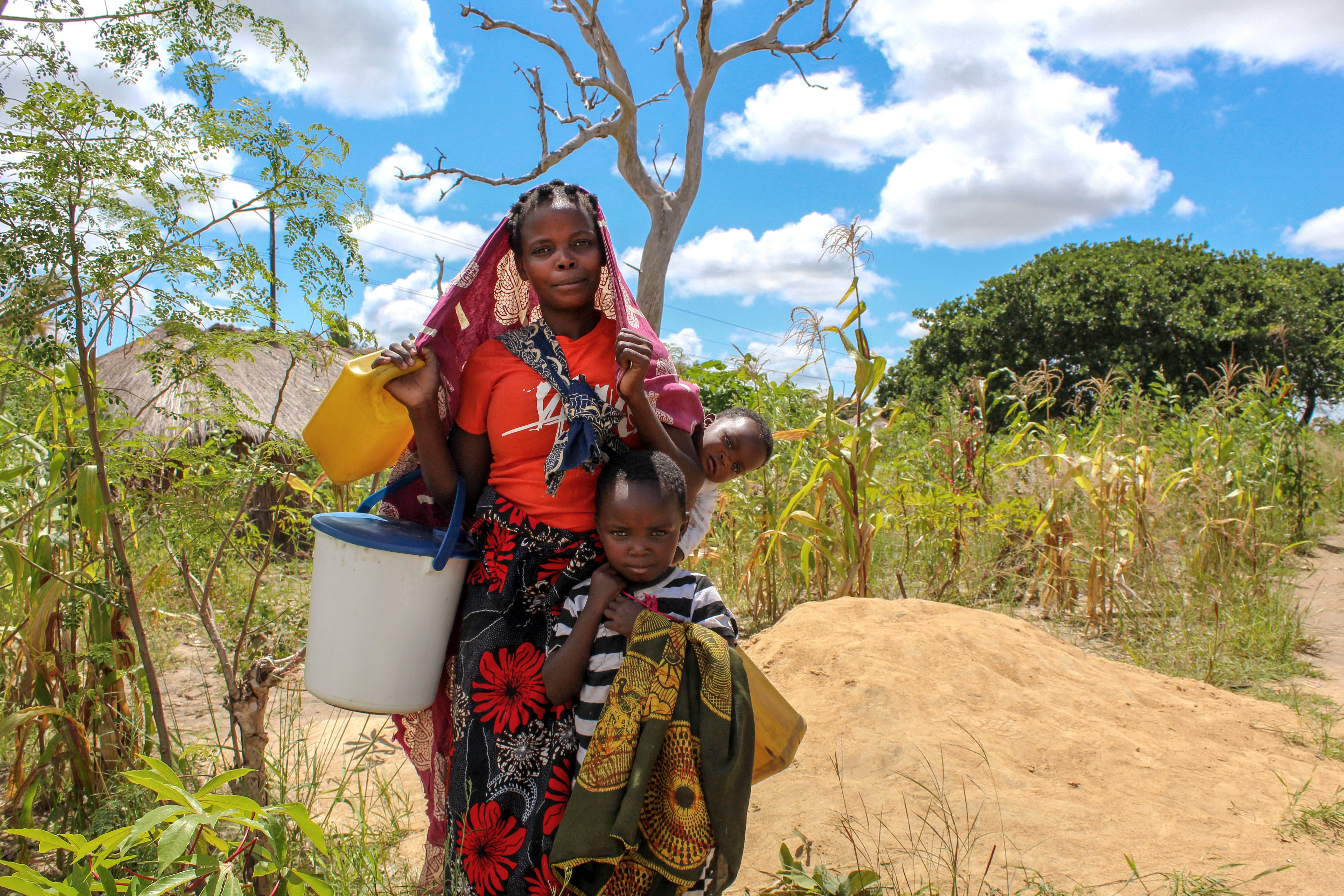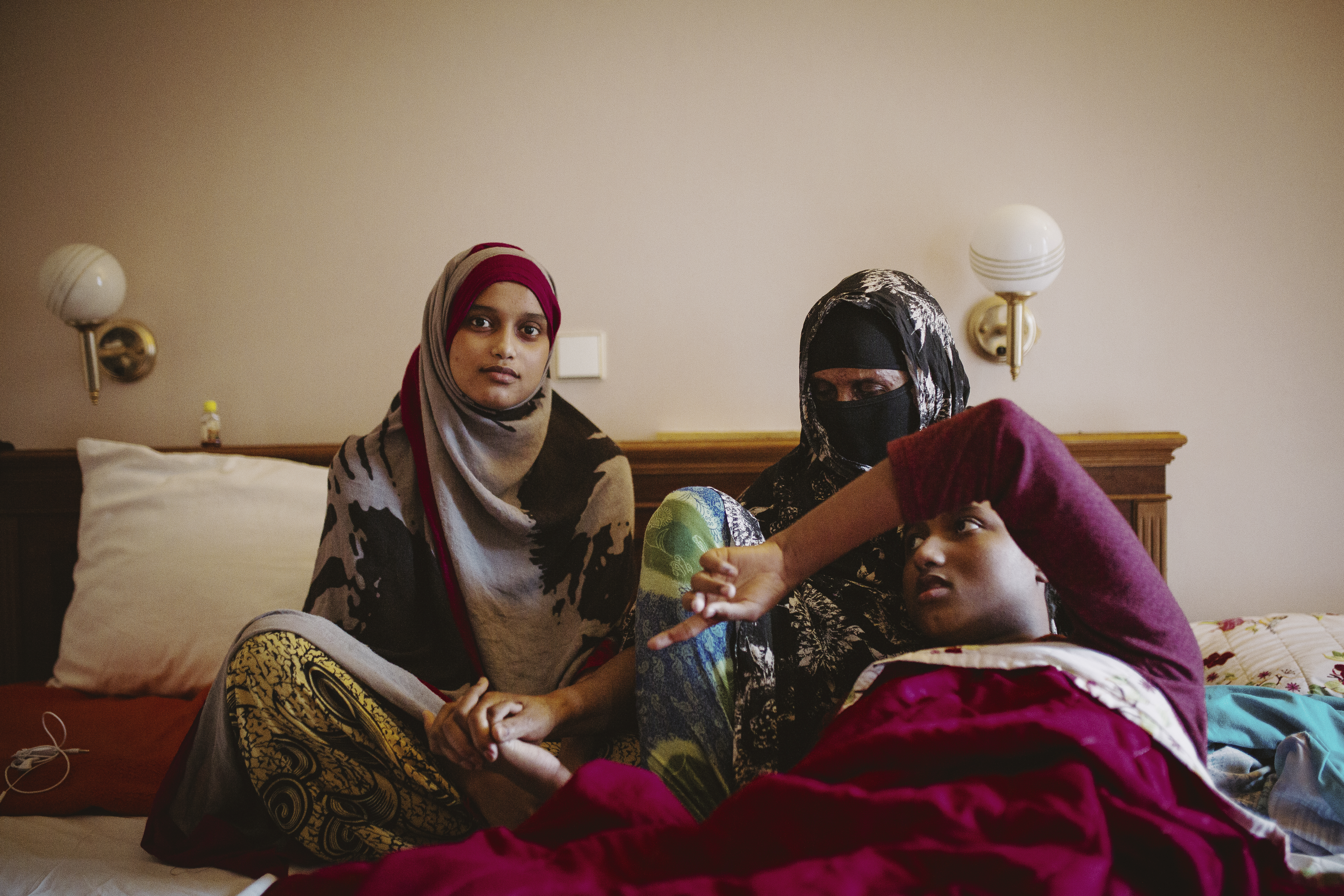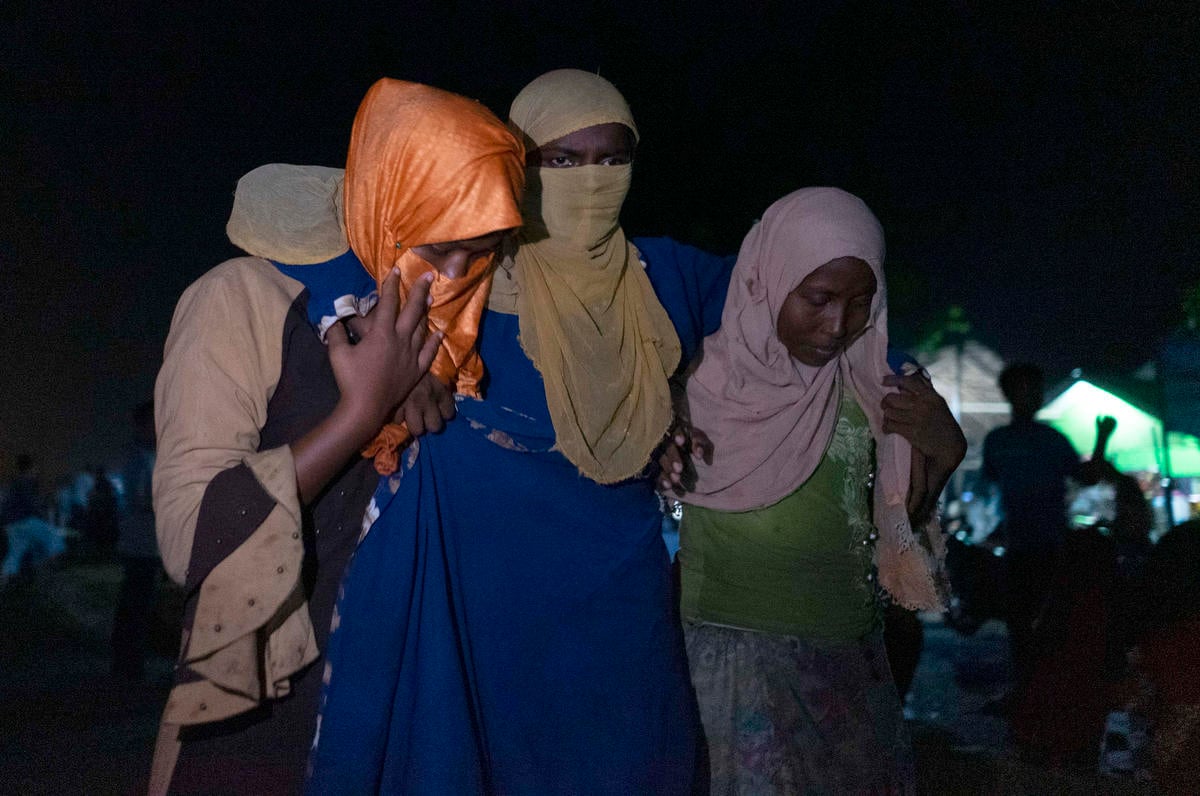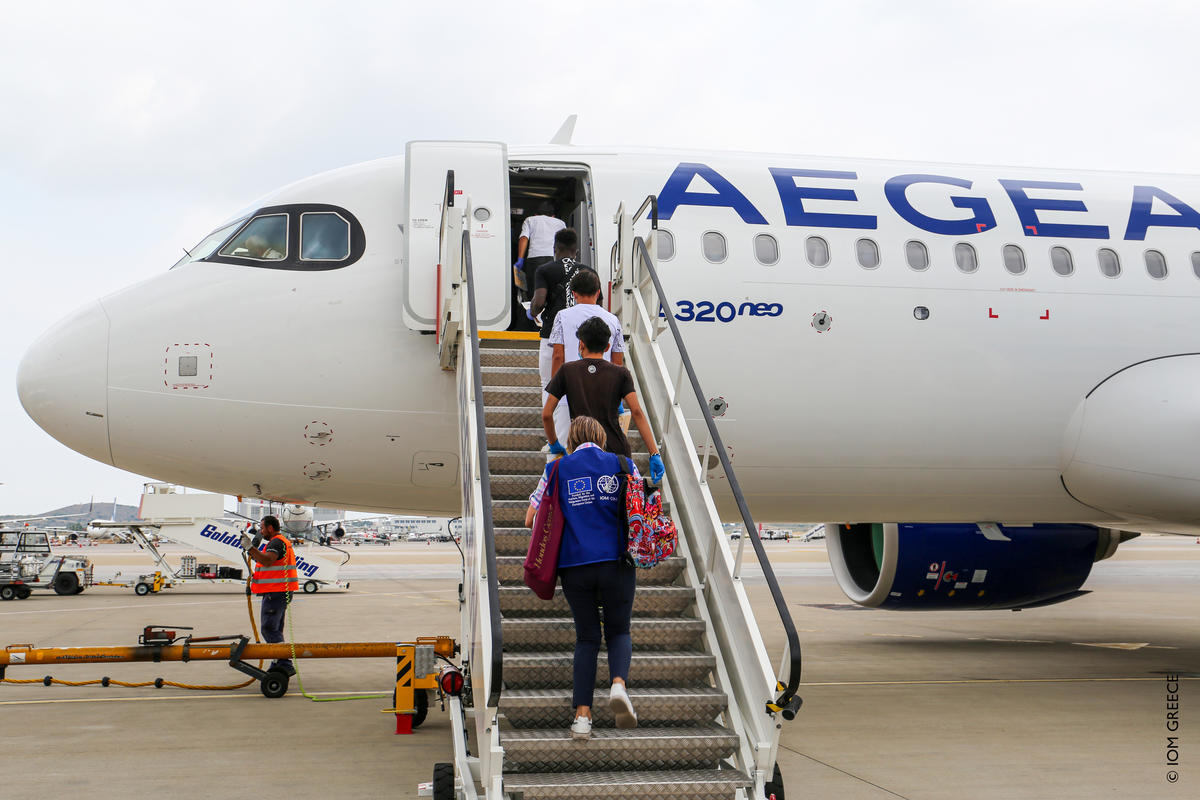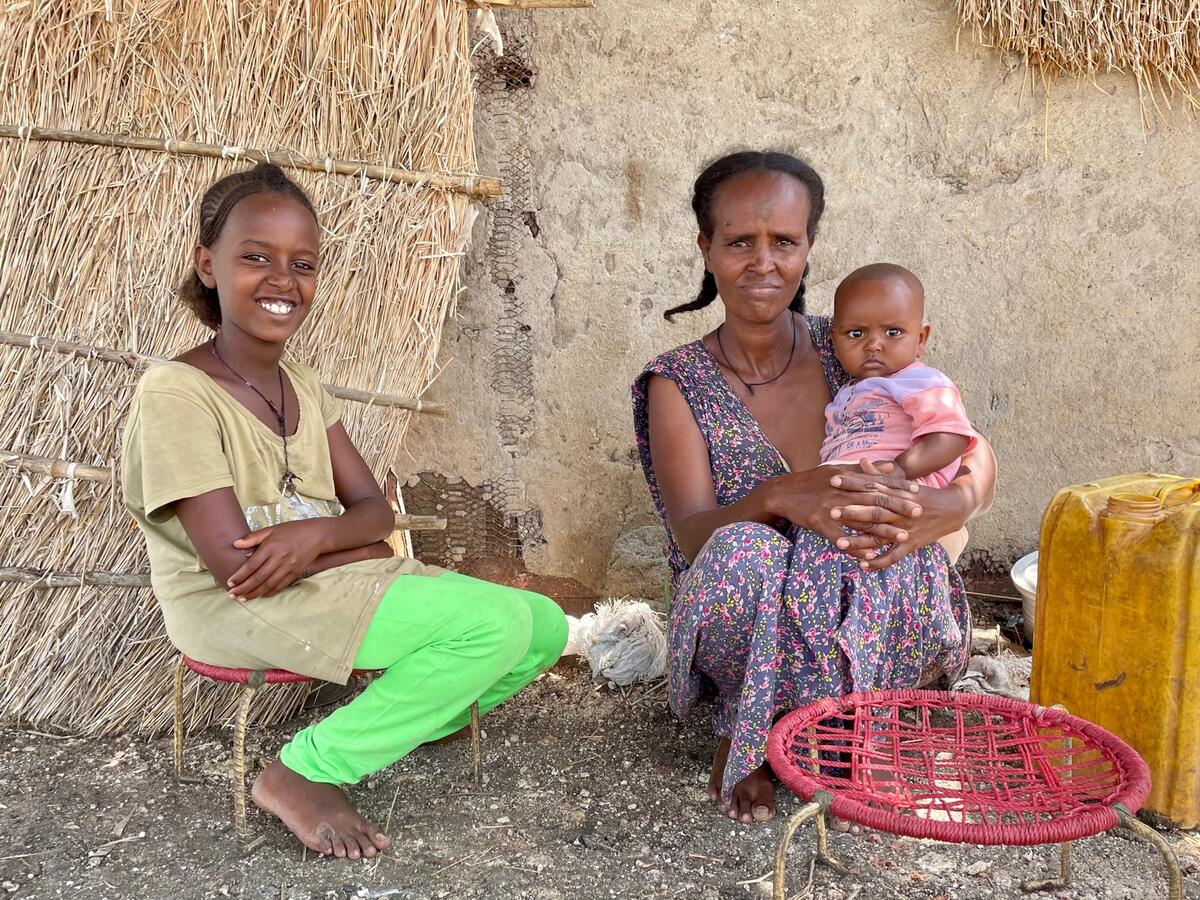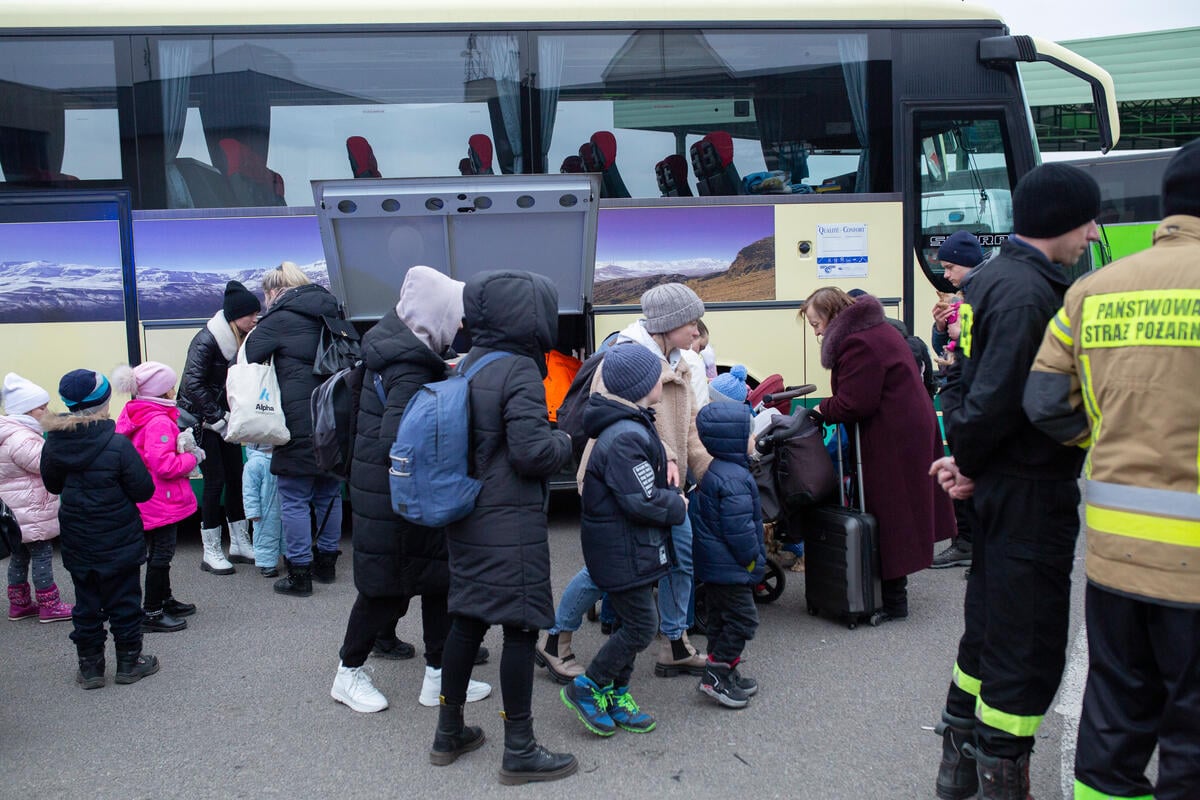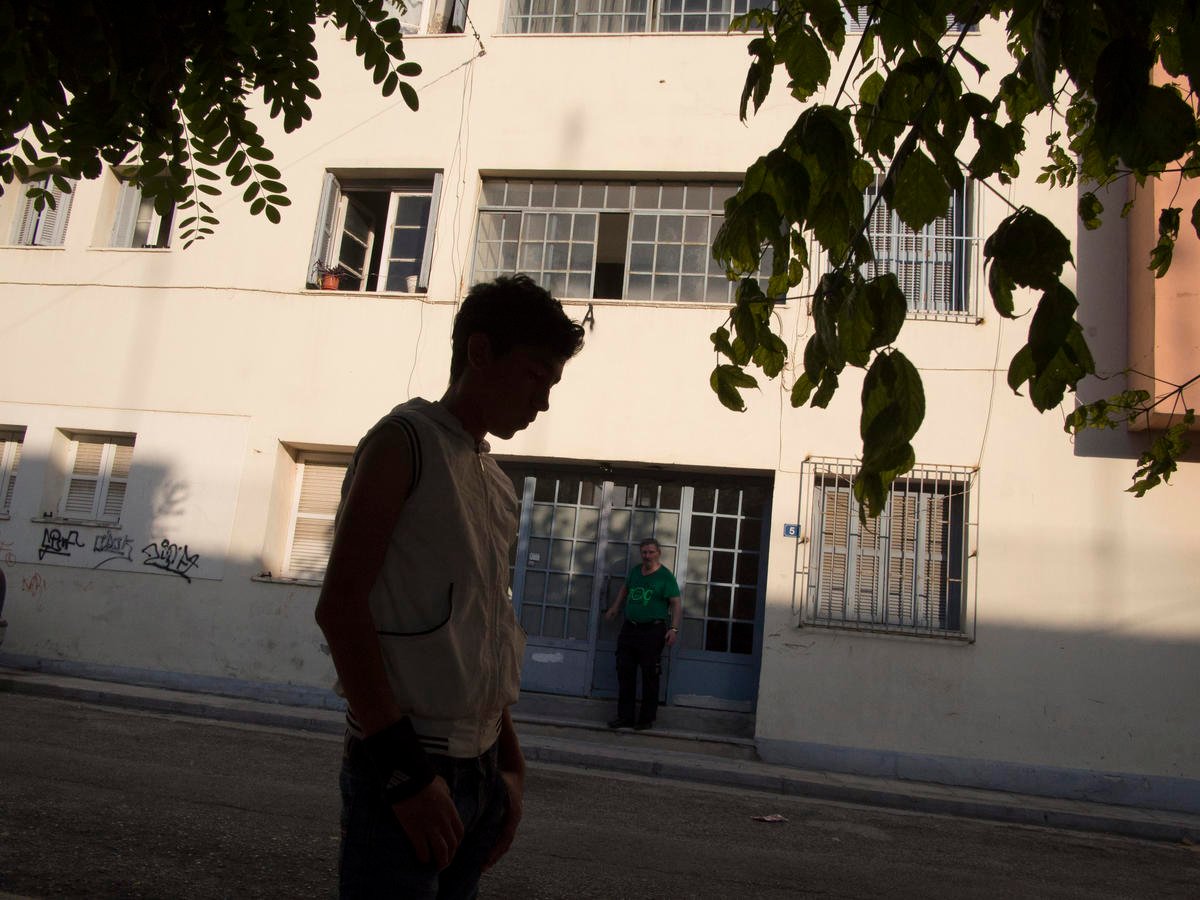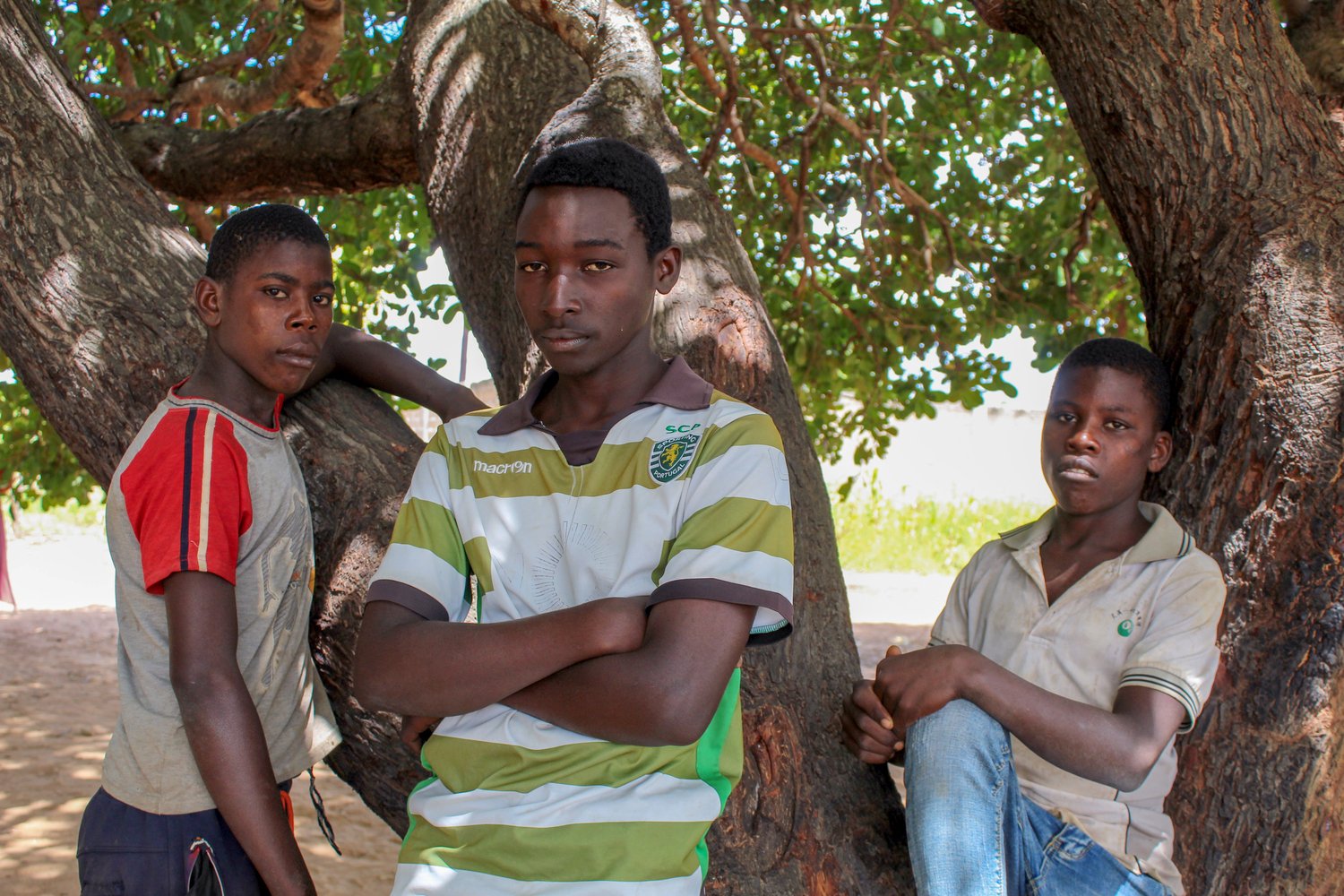UNHCR alarmed by sharp rise in forced displacement in North of Central America
UNHCR alarmed by sharp rise in forced displacement in North of Central America
UNHCR, the UN Refugee Agency, is seeing a significant increase in the number of people fleeing violence and persecution in the North of Central America. With many individuals on the move and in serious peril, we are calling on the international community to address their protection needs, while helping countries in the North of Central America address the root causes.
More than 294,000 asylum seekers and refugees from the North of Central America were registered globally as of the end of 2017, an increase of 58 per cent from a year earlier. This is sixteen times more people than at the end of 2011.
Applications for refugee status by people from this region are also increasing worldwide. Between 2011 and 2017, 350,000 refugee applications were made globally. Among them, nearly 130,500 were filed in 2017 alone.
The vast majority of those fleeing El Salvador, Guatemala and Honduras, are seeking refugee protection either to the north in Belize, Mexico and the United States, or (and increasingly) to the south in Costa Rica and Panama. Many are vulnerable women, or children either unaccompanied by or who have become separated from their families.
We hear repeatedly from people requesting refugee protection, including from a growing number of children, that they are fleeing forced recruitment into armed criminal gangs and death threats. As people journey across borders and onwards they face numerous dangers, including violence at the hands of criminal groups, often leaving women in particular vulnerable to sexual abuse and exploitation. Yet, faced in their home countries with high levels of homicide, particularly affecting women, as well as violence against women and LGBTI communities, people are taking these journeys out of desperation.
UNHCR has been working with governments and civil society partners to help matters through a tailored regional protection and solutions framework known locally by its Spanish acronym, MIRPS. Through this framework, people who are forcibly displaced can access improved reception and shelter capacity, more efficient and effective refugee procedures, and enhanced solutions. These include ensuring that refugees and asylum seekers have access to national welfare assistance programmes and job markets. The latter in particular helps with integration, as it means refugees can contribute back to their host communities. In addition, the framework sets out shared mechanisms for resettlement or other legal pathways for those most at risk, while enhancing cooperation with development actors to address the root causes of forced displacement in the sub-region.
However, the needs in the region are huge. For this year, UNHCR’s work requires some US$36.2 million to provide protection and assistance to those affected by the North of Central America situation. So far only 12 per cent of the funding needed has been received.
For more information on this topic, please contact:
- In Mexico, Francesca FONTANINI, fontanin@unhcr.org, +52 1 (55) 9197 2690
- In New York, Kathryn MAHONEY, mahoney@unhcr.org, +1 347 443 7646
- In Geneva, Aikaterini KITIDI, kitidi@unhcr.org, +41 79 580 8334

